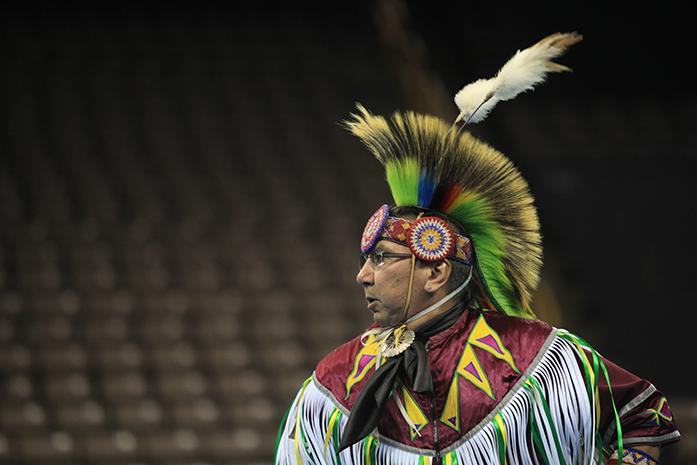Marcus Brown
[email protected]
The state of California has become the first in the country to ban the use of the term “Redskins” for team names and mascots in public schools. California Gov. Jerry Brown signed the bill on Sunday that would require four public schools in the state to change the name of their teams by 2017. The appropriation and characterization of Native American culture and likeness is still a widespread and controversial issue extending much farther than California. In the professional sport industry, one could look to the Washington Redskins, Kansas City Chiefs, and the Chicago Blackhawks to name a few.
Reactions to the ban in California varied as some see the mandate as an attack on tradition rather than the offensive representation of this country’s native people. However, there is a danger in linking a community’s idea of tradition to an image or term representing of a group of people that have long since been marginalized and discriminated against. The intention may not be to offend, but intentions are not enough to excuse the effects these team names and mascots may have.
The mentality that allows for a controversial name such as “Redskins” to become a permissible sports franchise name is the same that motivates nationwide celebration of Columbus Day, which is essentially celebrating the beginning of what would become a systematic genocide and illegitimate land grab imposed upon the Native American people. We pick and choose the aspects of a culture that don’t immediately fill us with guilt and turn a blind eye to the morally reprehensible aspects of that choice. It is for that reason we appear to be perfectly fine with wearing jerseys with depicted images of Native American chiefs but would more than likely feel uncomfortable wearing a Washington Smallpox Blankets jersey.
The arguments for keeping the “Redskins” name and continuing to celebrate Columbus Day could follow a common logic. This logic is that the intention is not to celebrate or display the real history behind the likeness being used but rather the white-washed myths and misconceptions arbitrarily placed on them. So in that sense I am it is an attempt to assimilate and inoculate this history into the mainstreams of this society. However, by doing so one takes the risk of misconstruing and belittling a culture and history deeply interwoven in the roots of this country, and many could argue not in a positive way. More than anything the controversy behind using names like “Redskins” or “Blackhawks” demonstrate that we should not be allowed to dictate which parts of a history or culture are worth accepting or ignoring.










